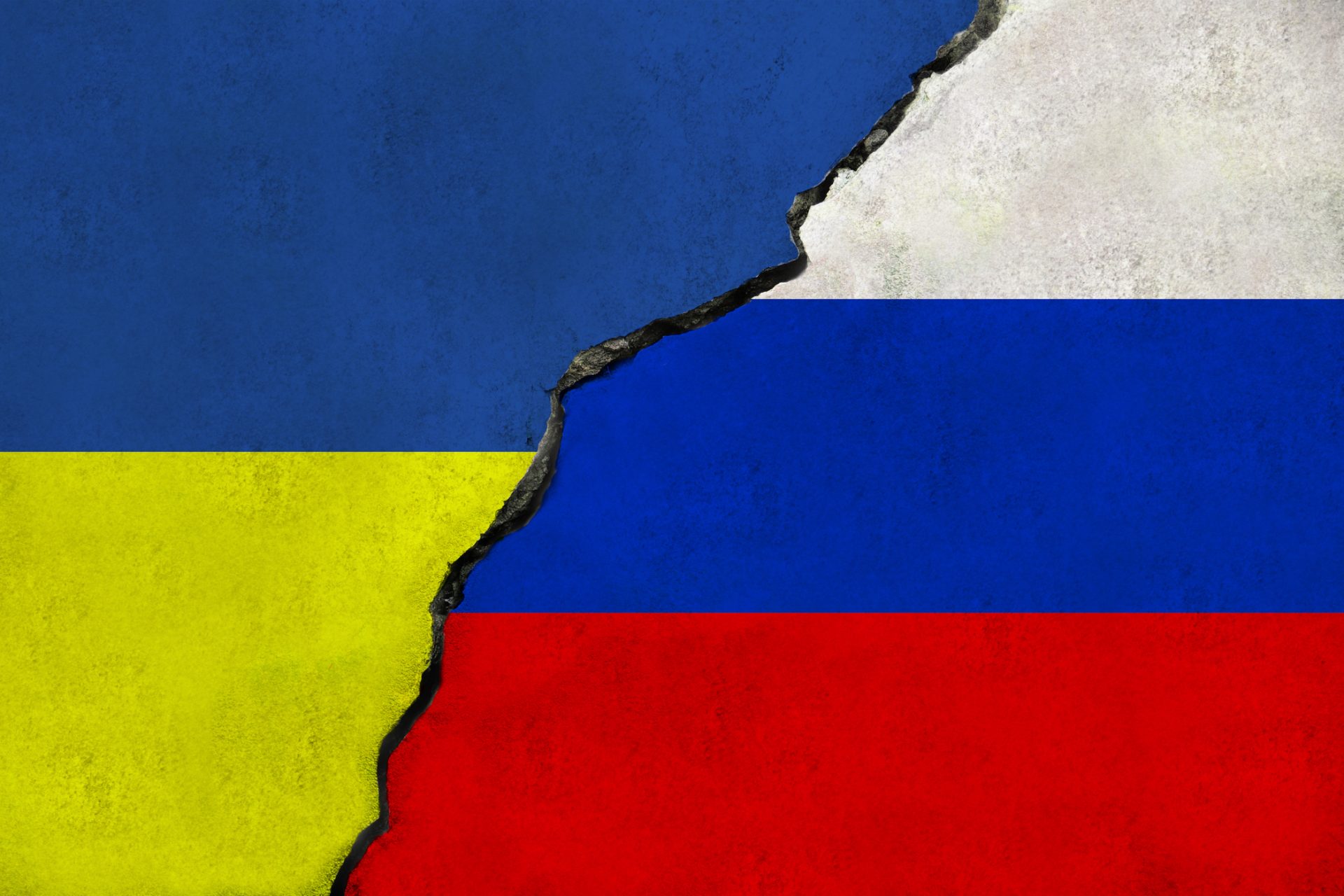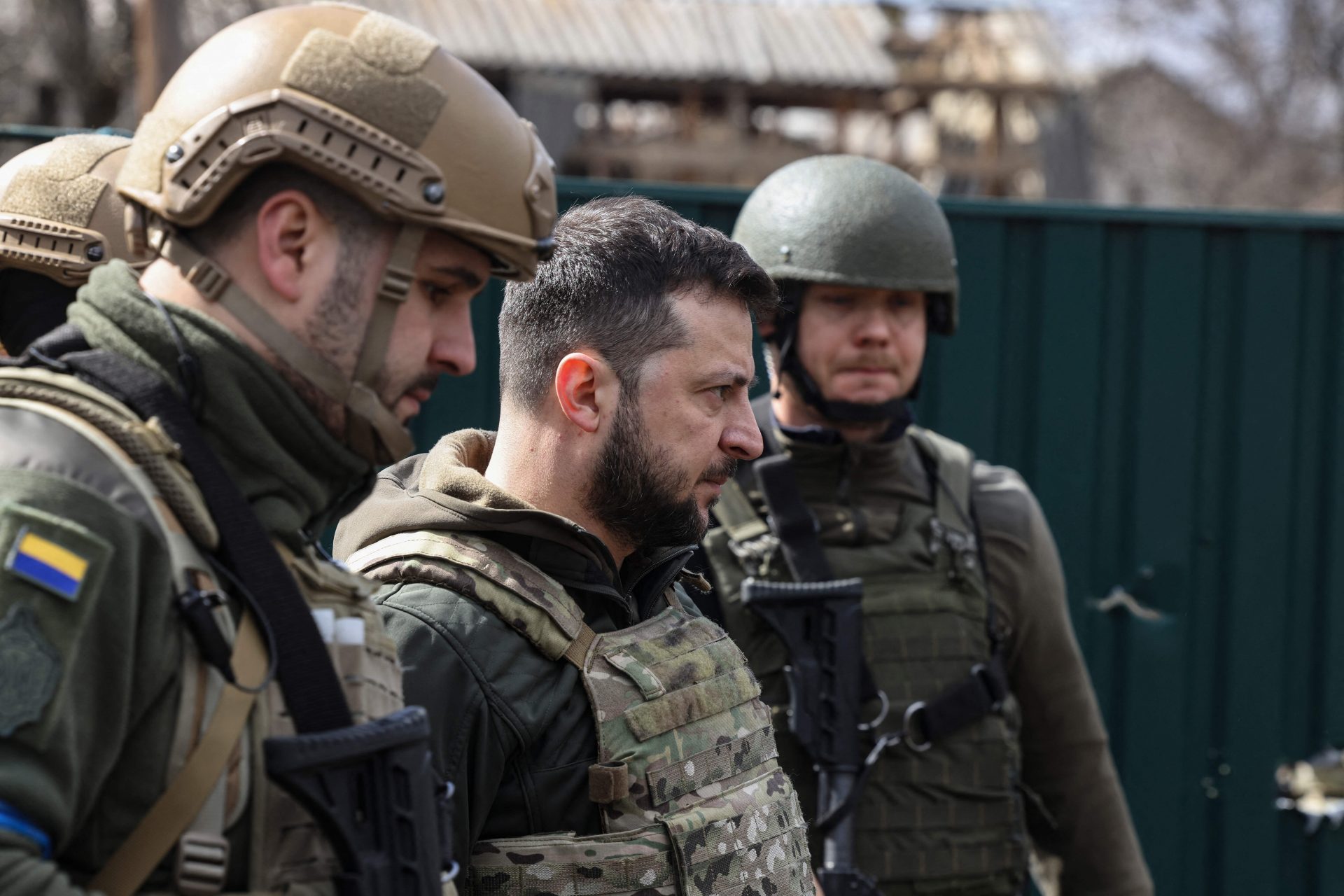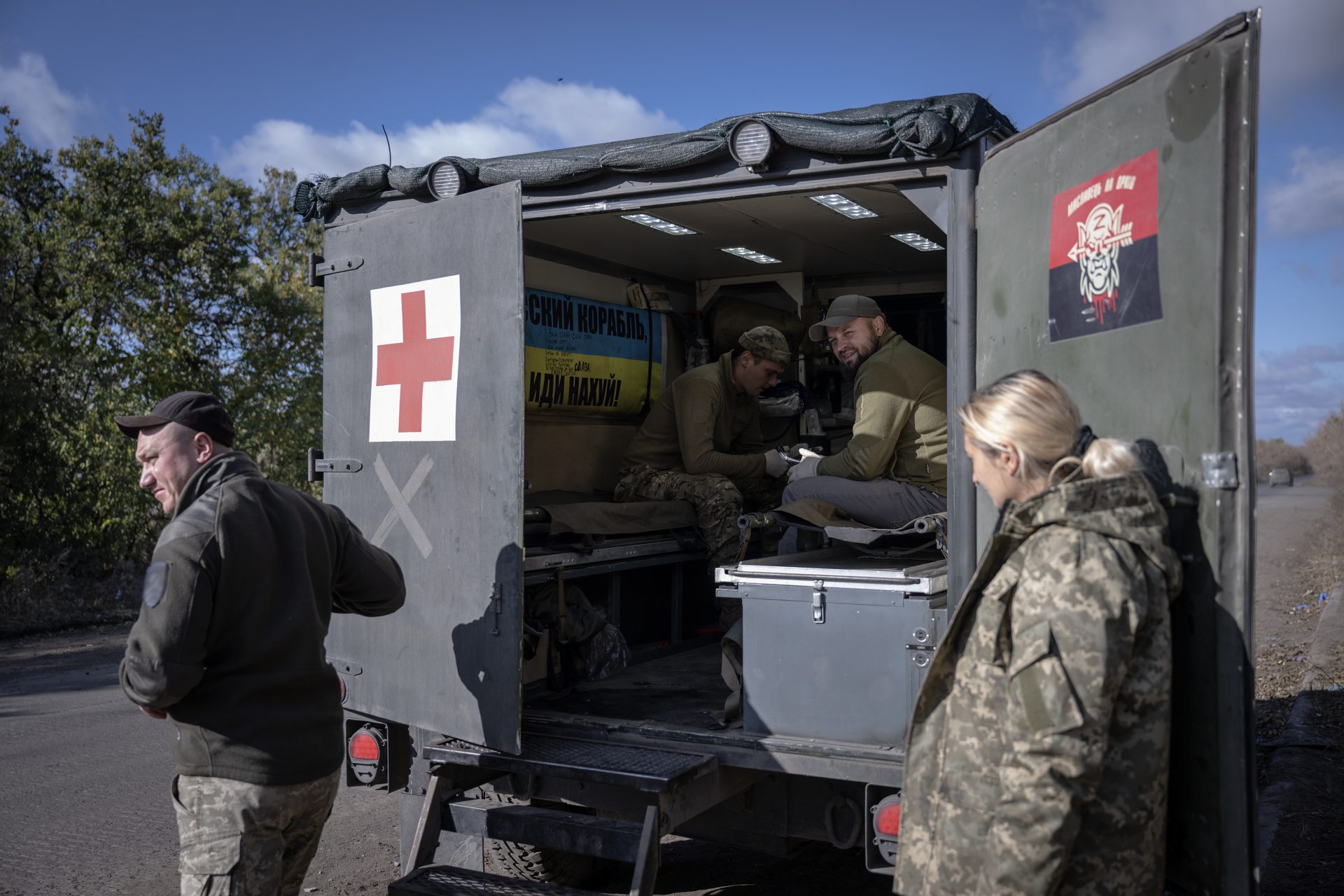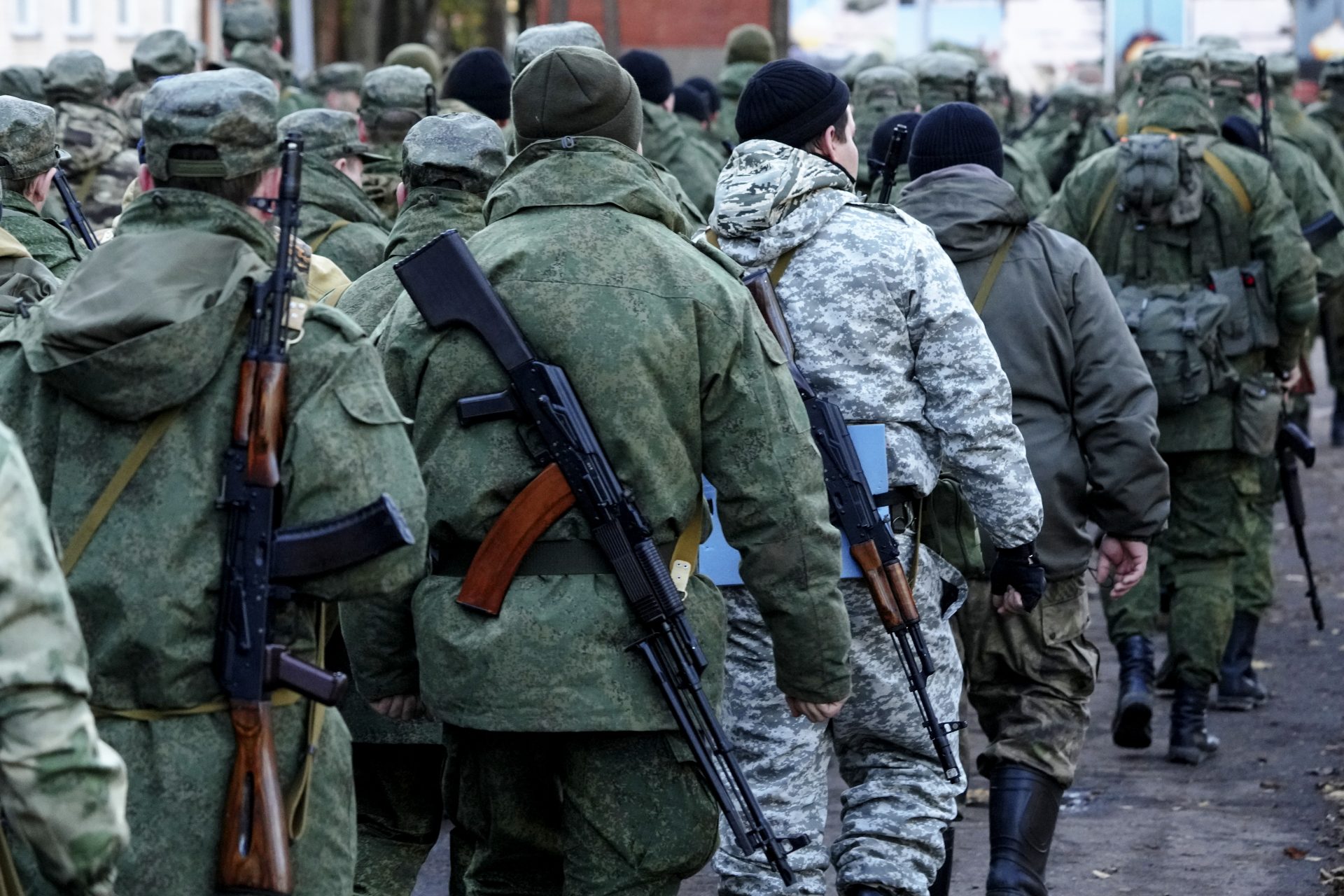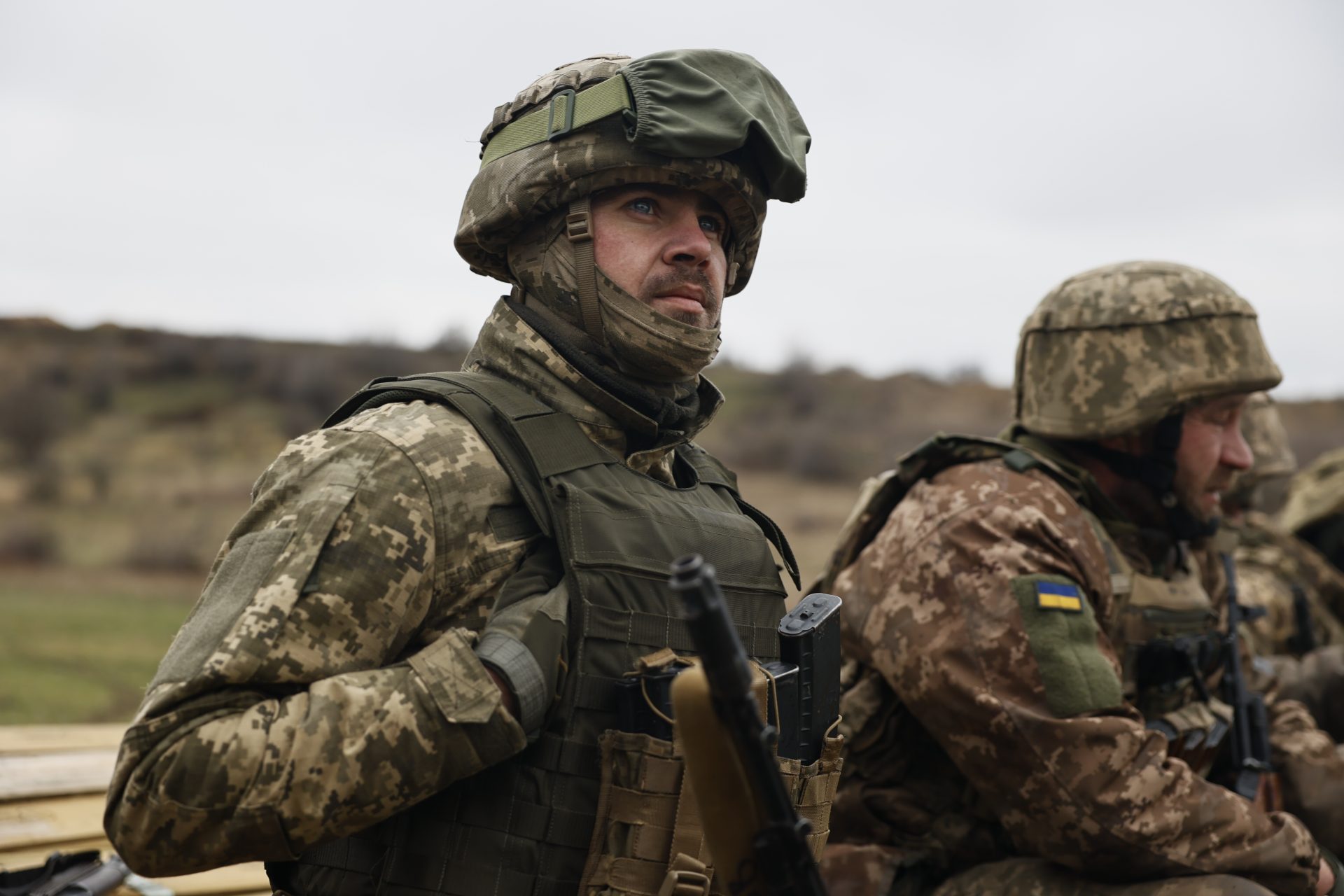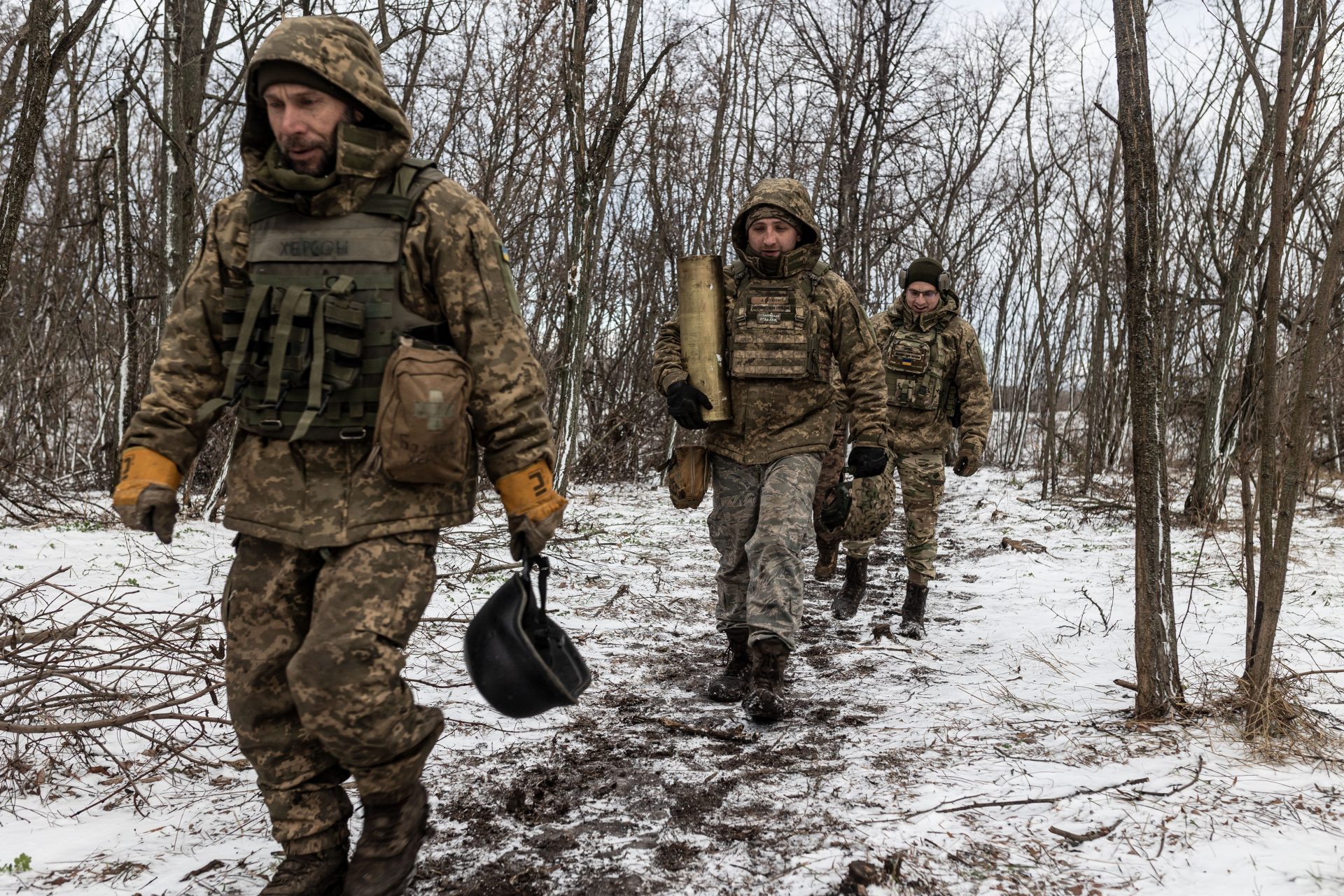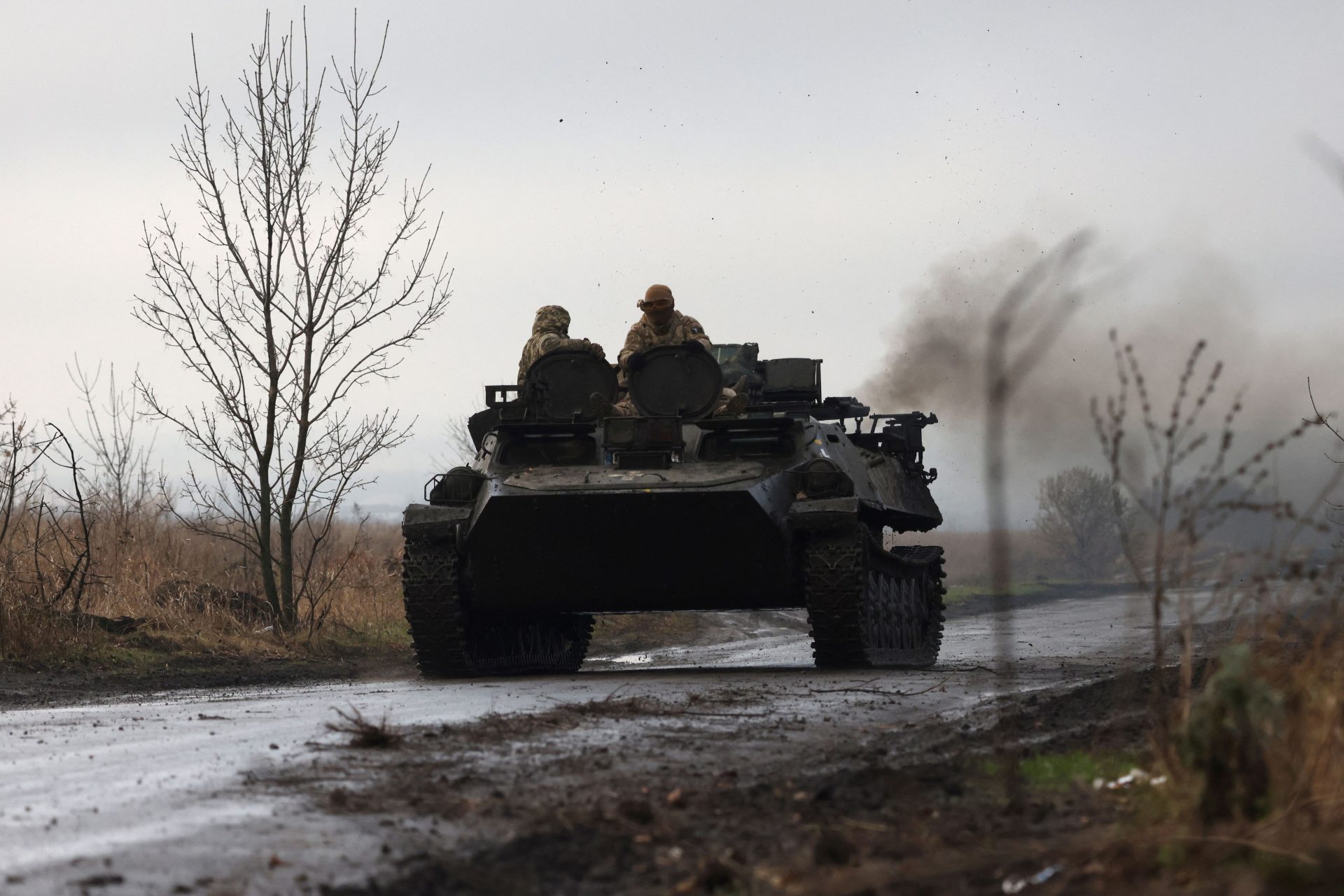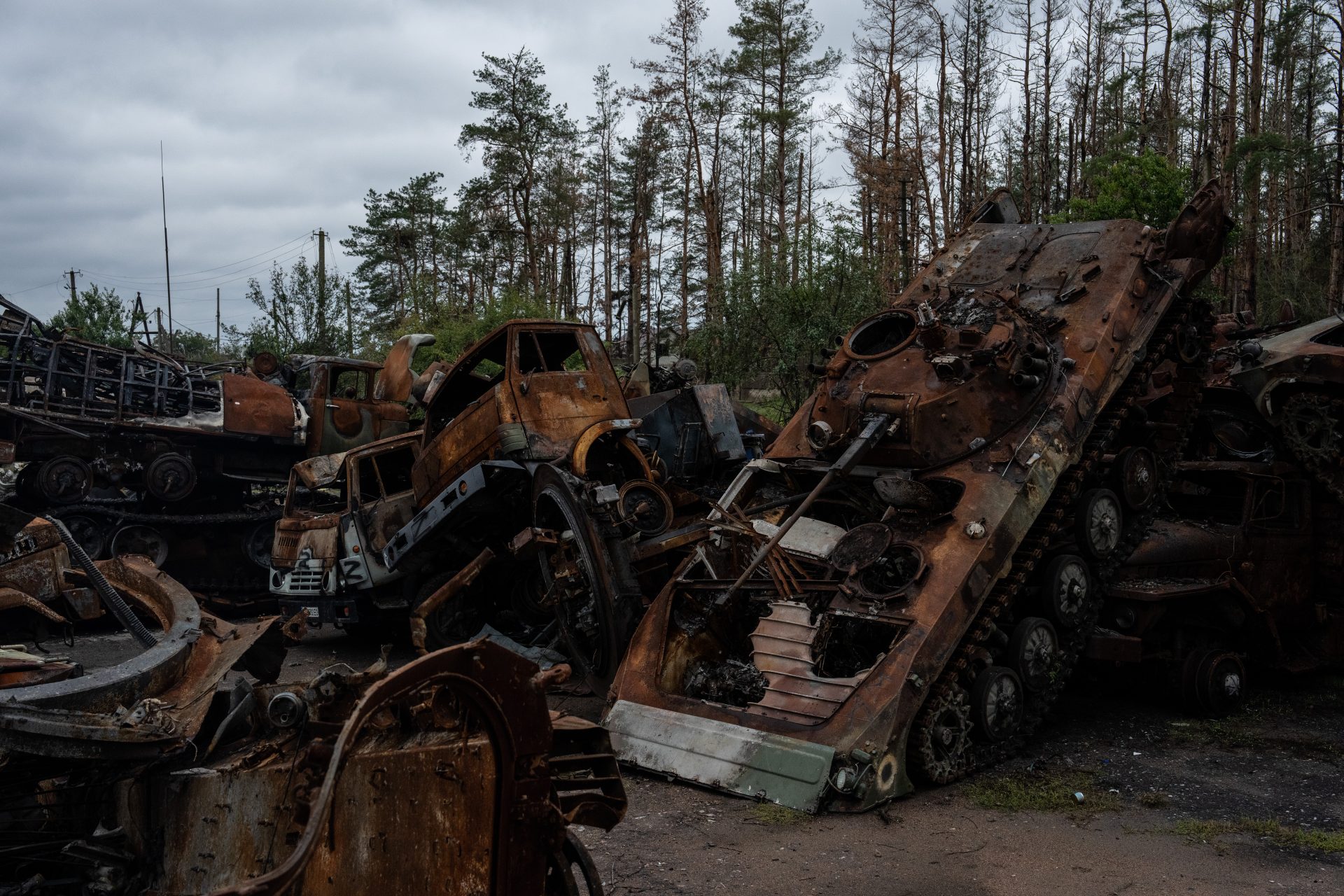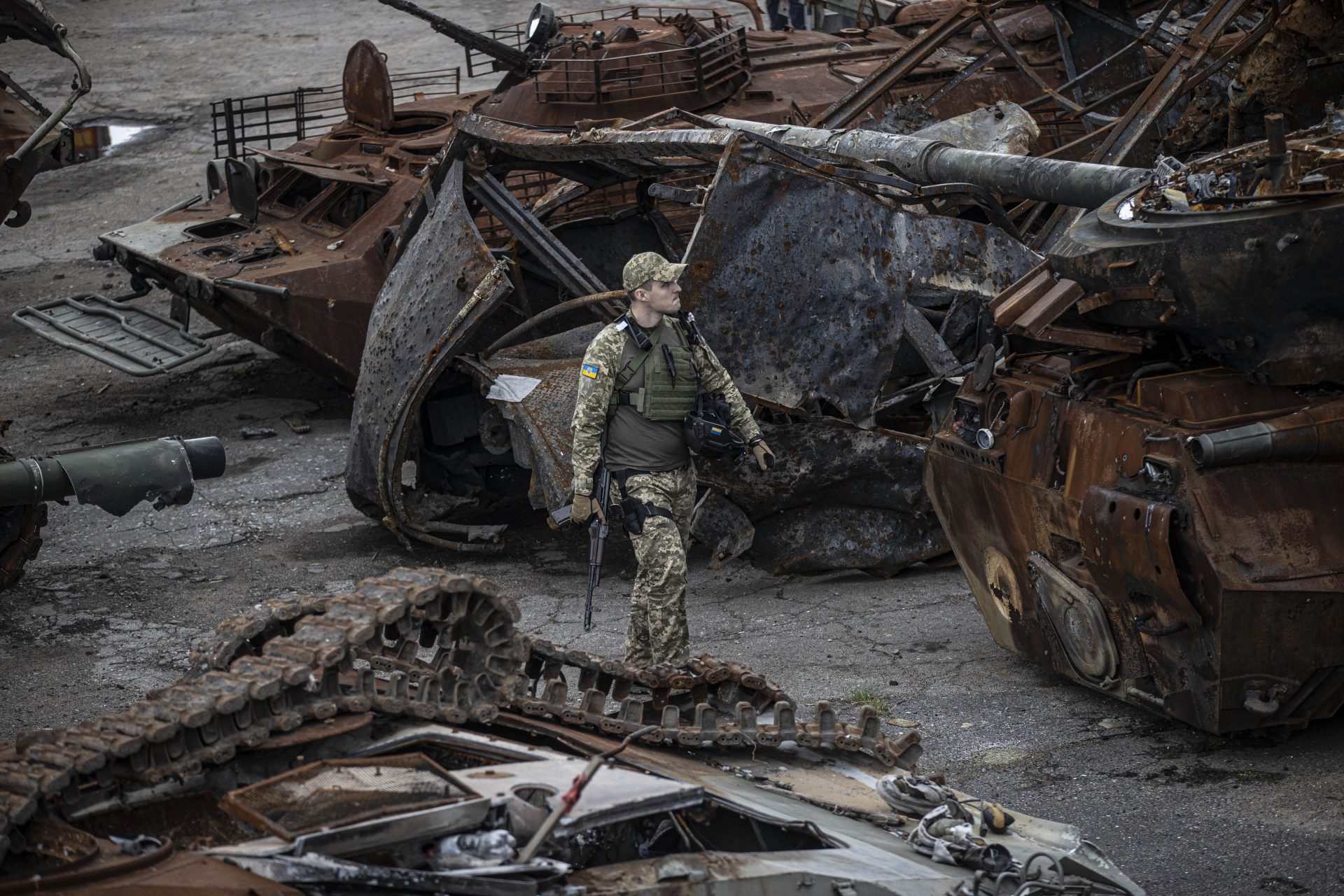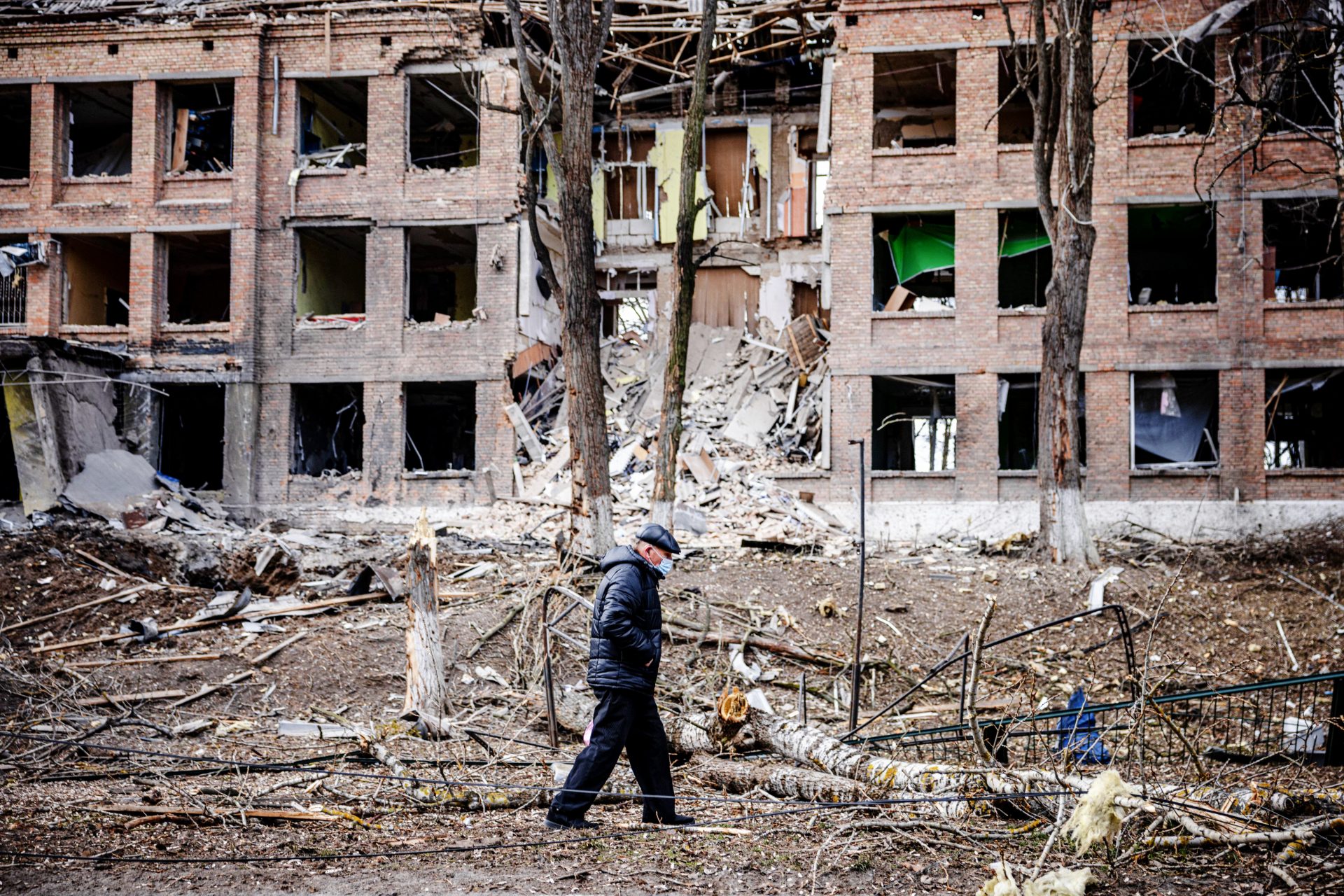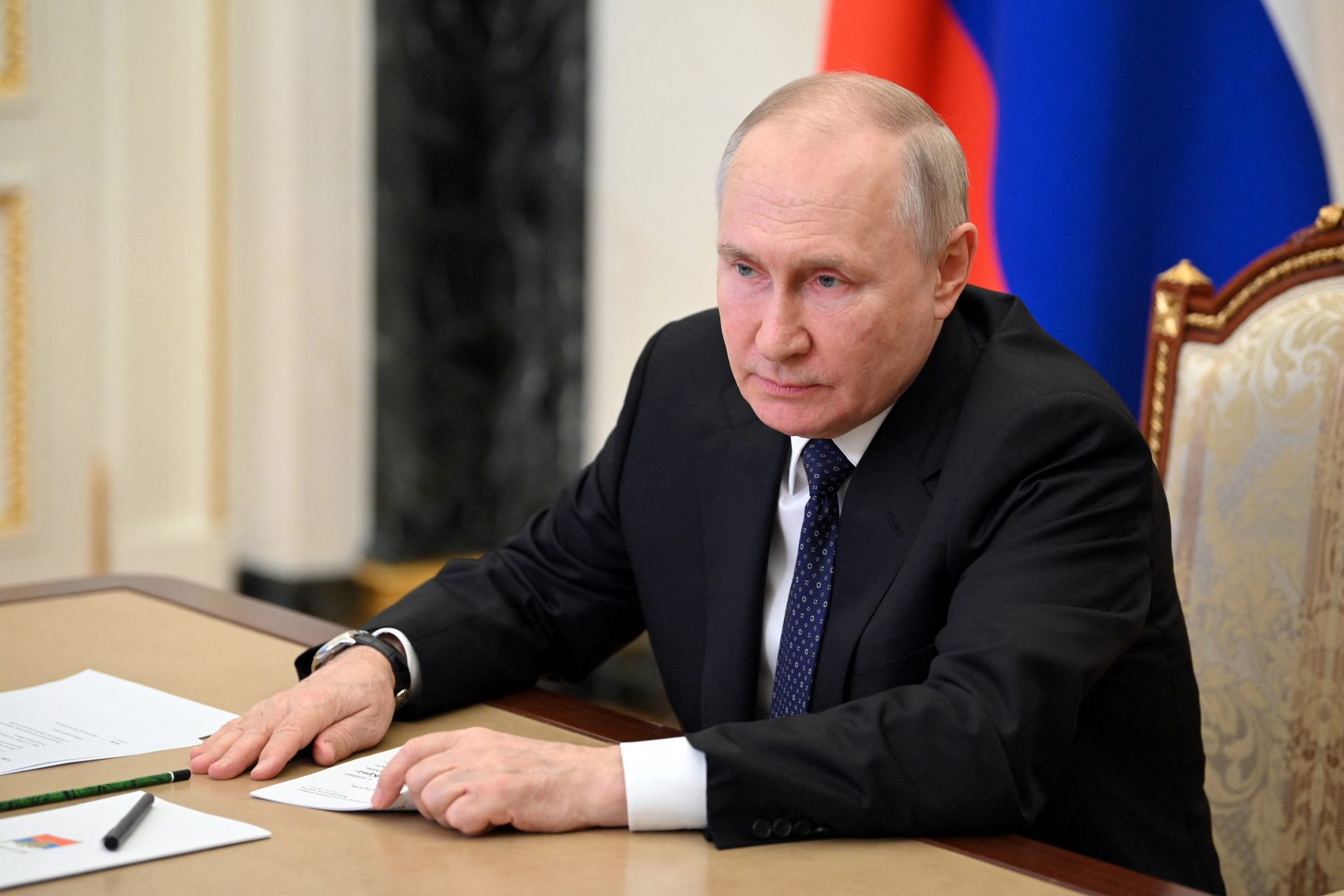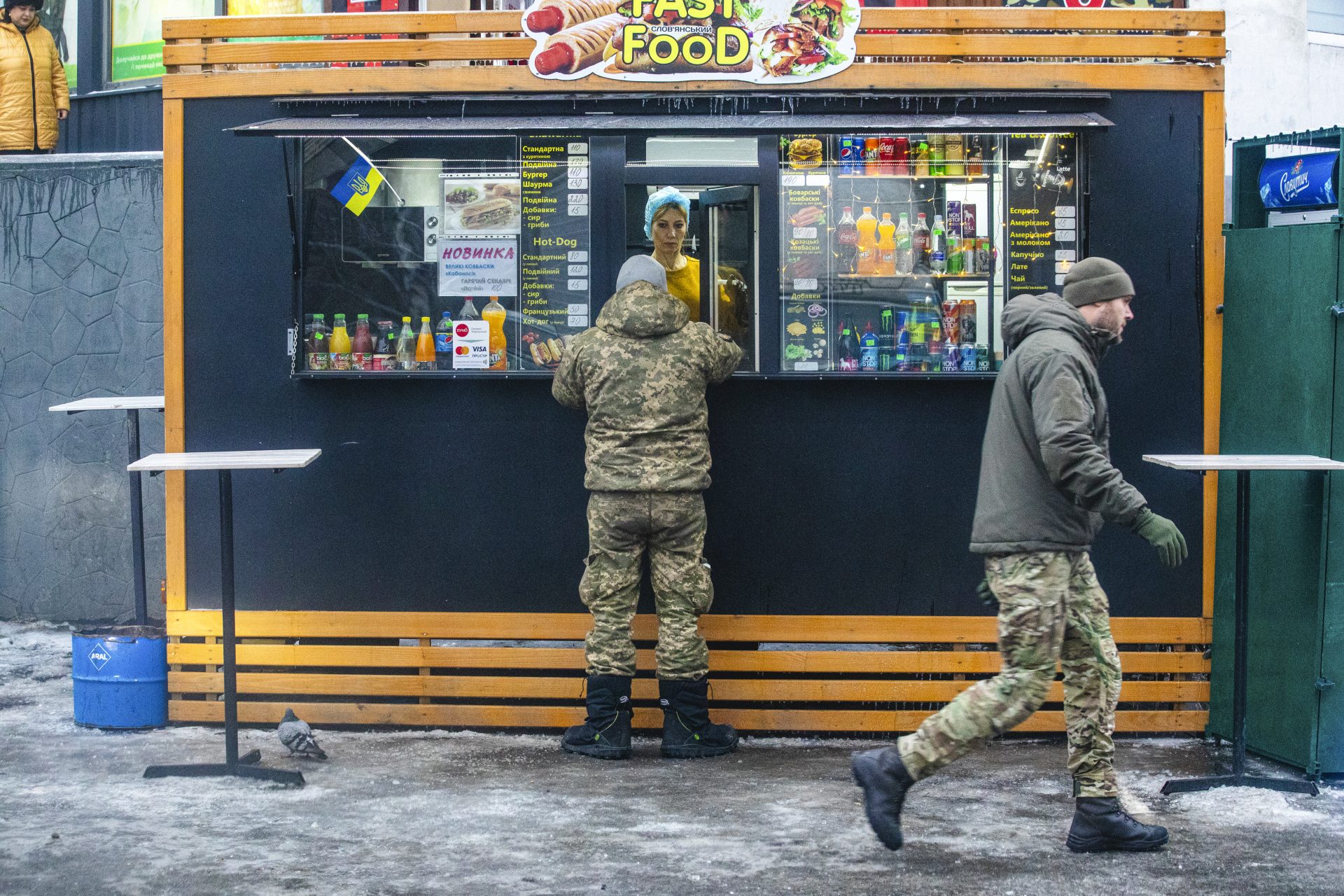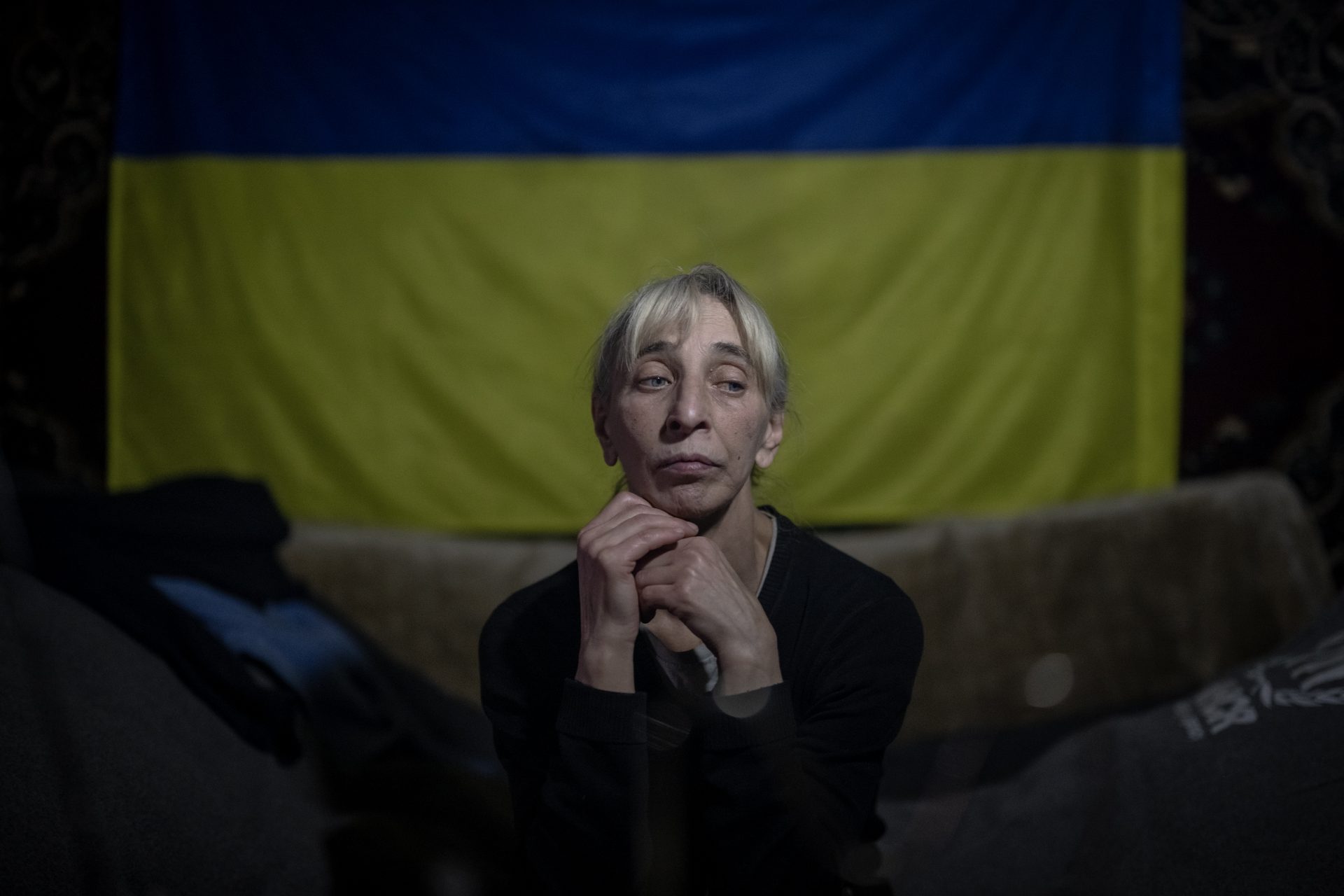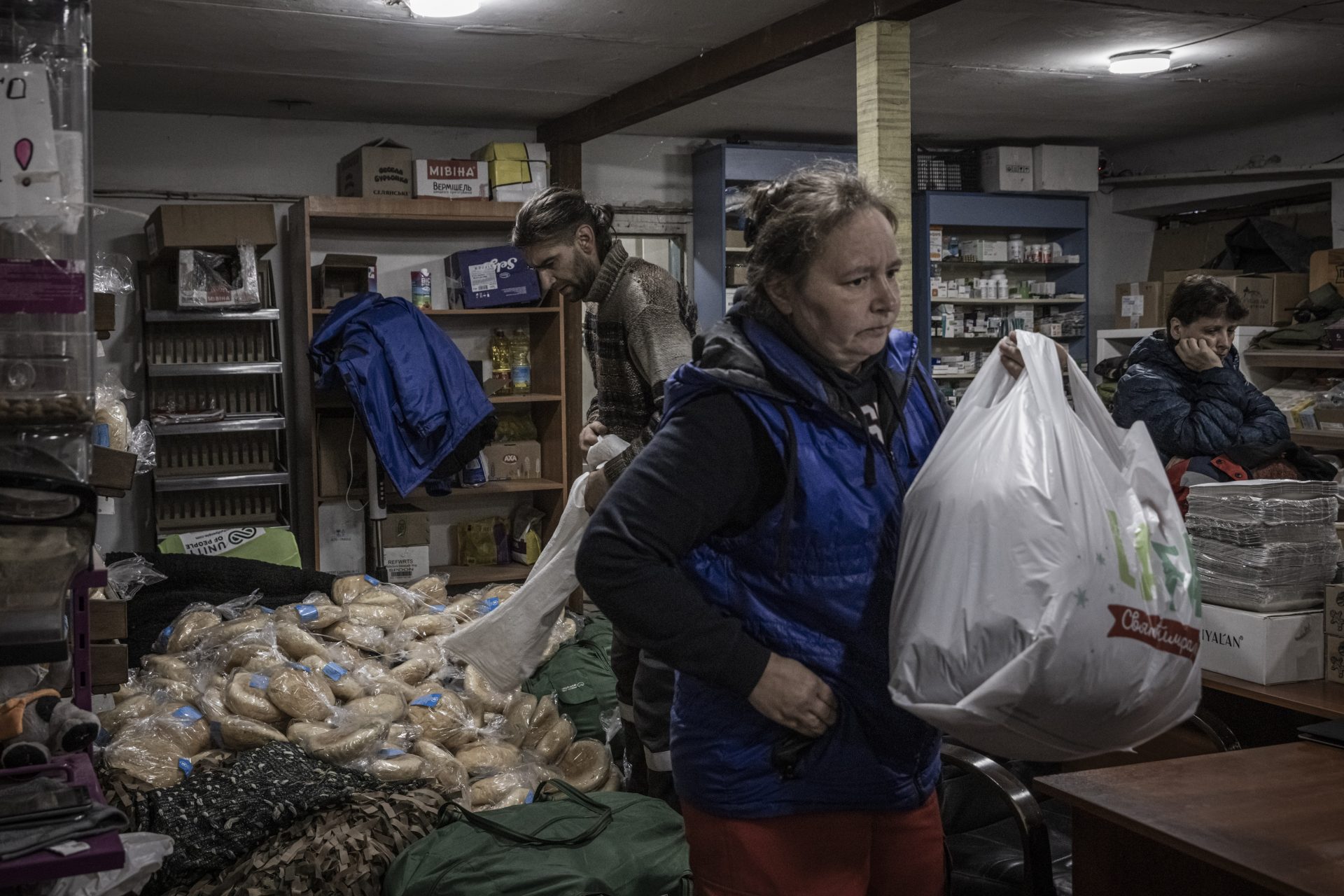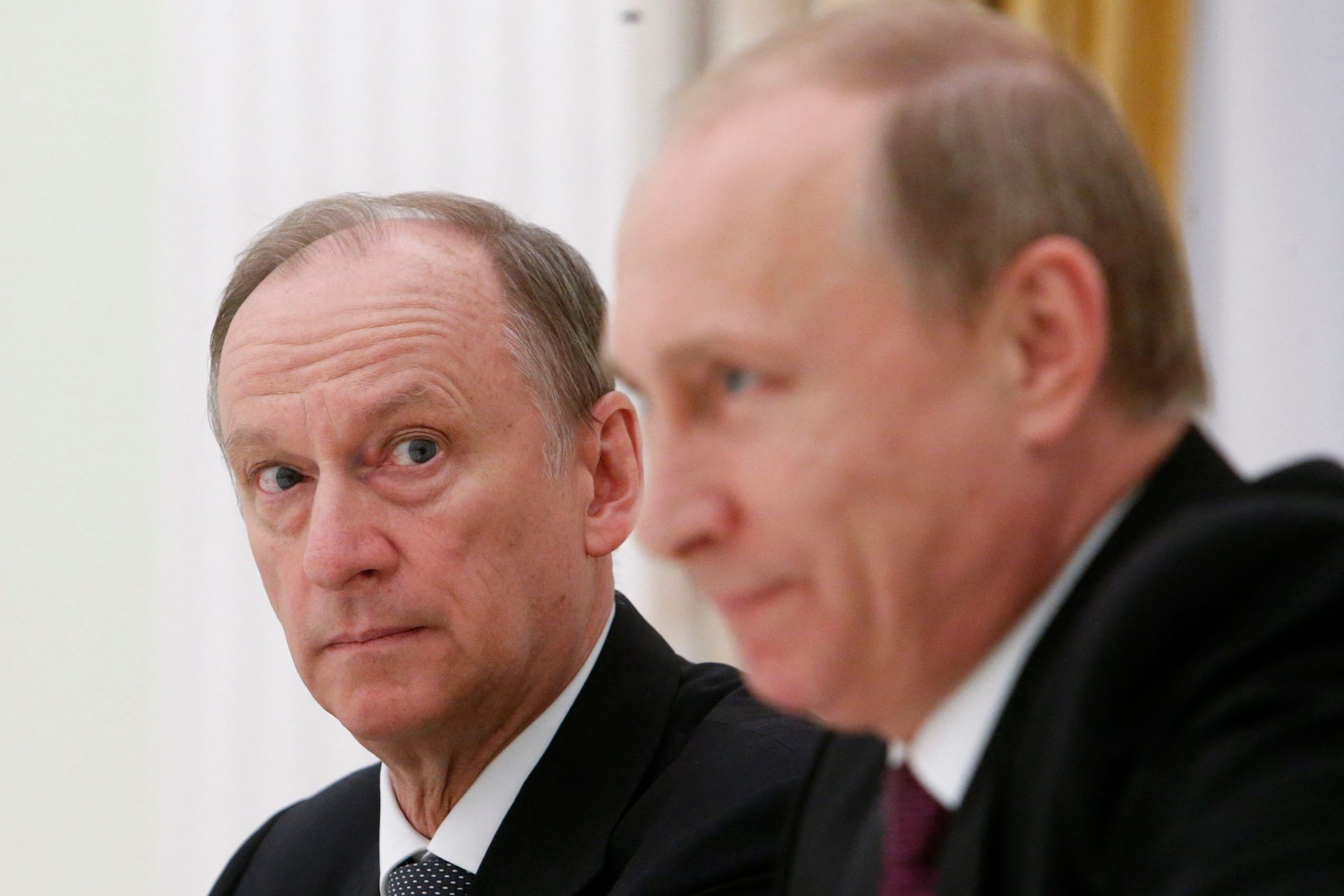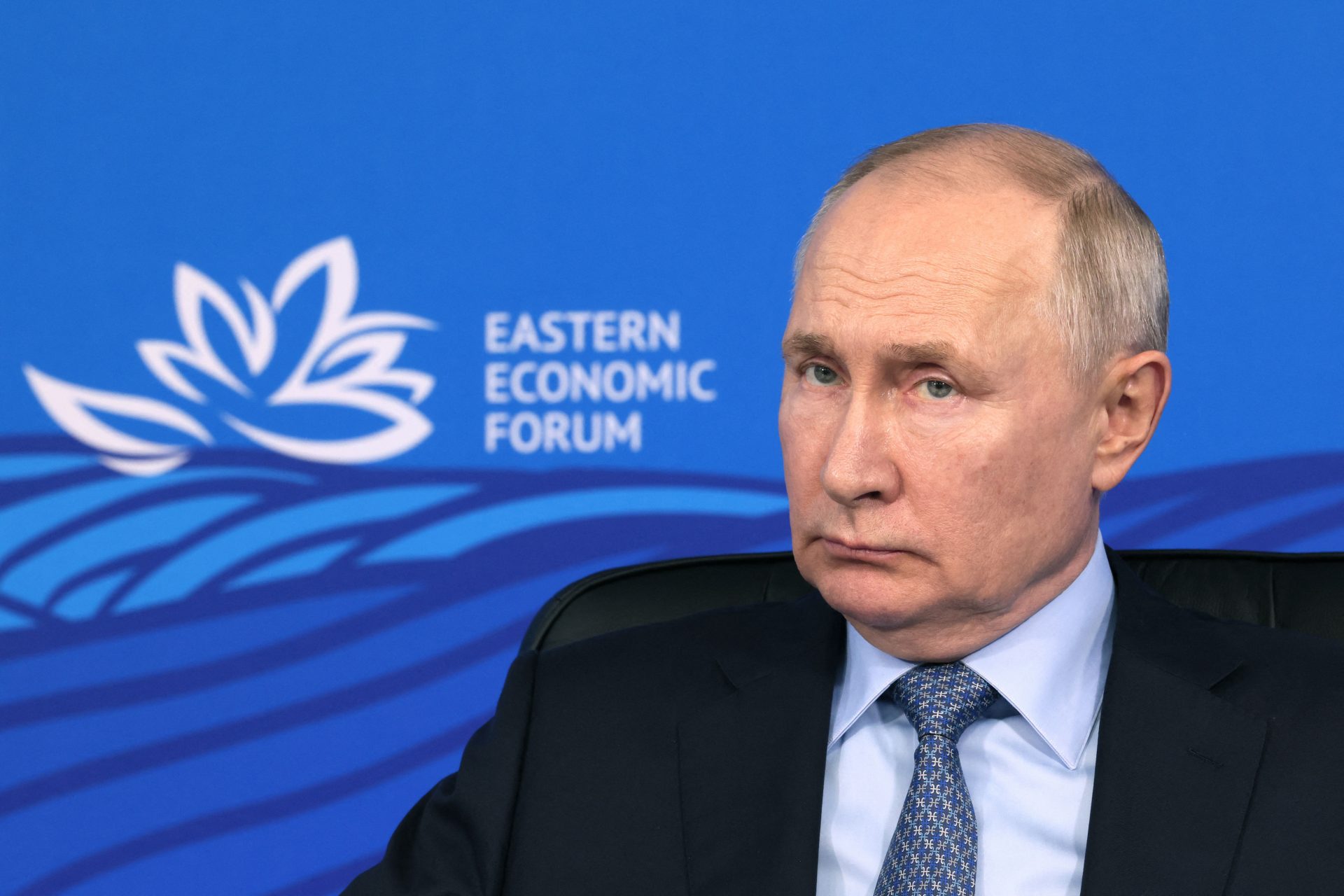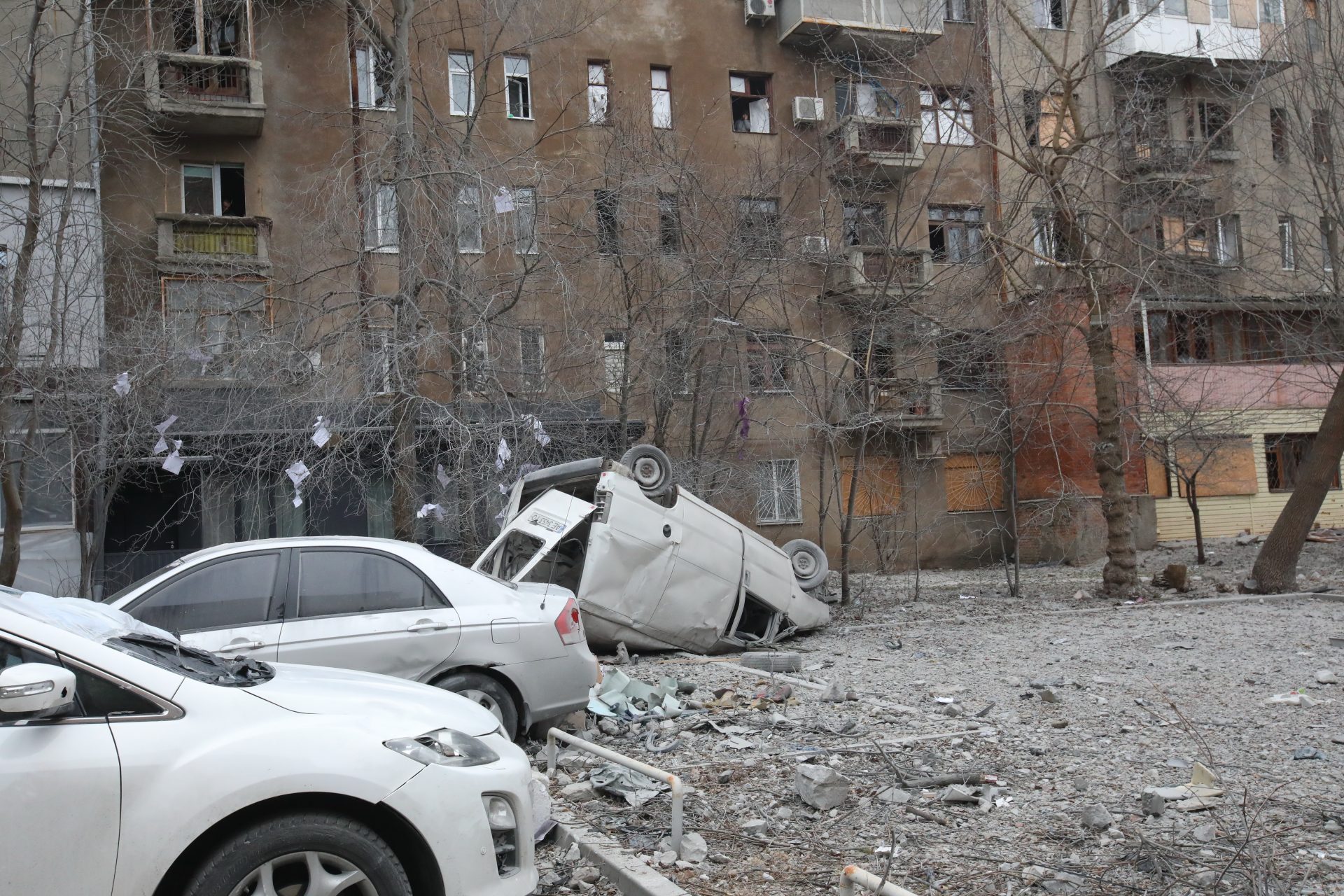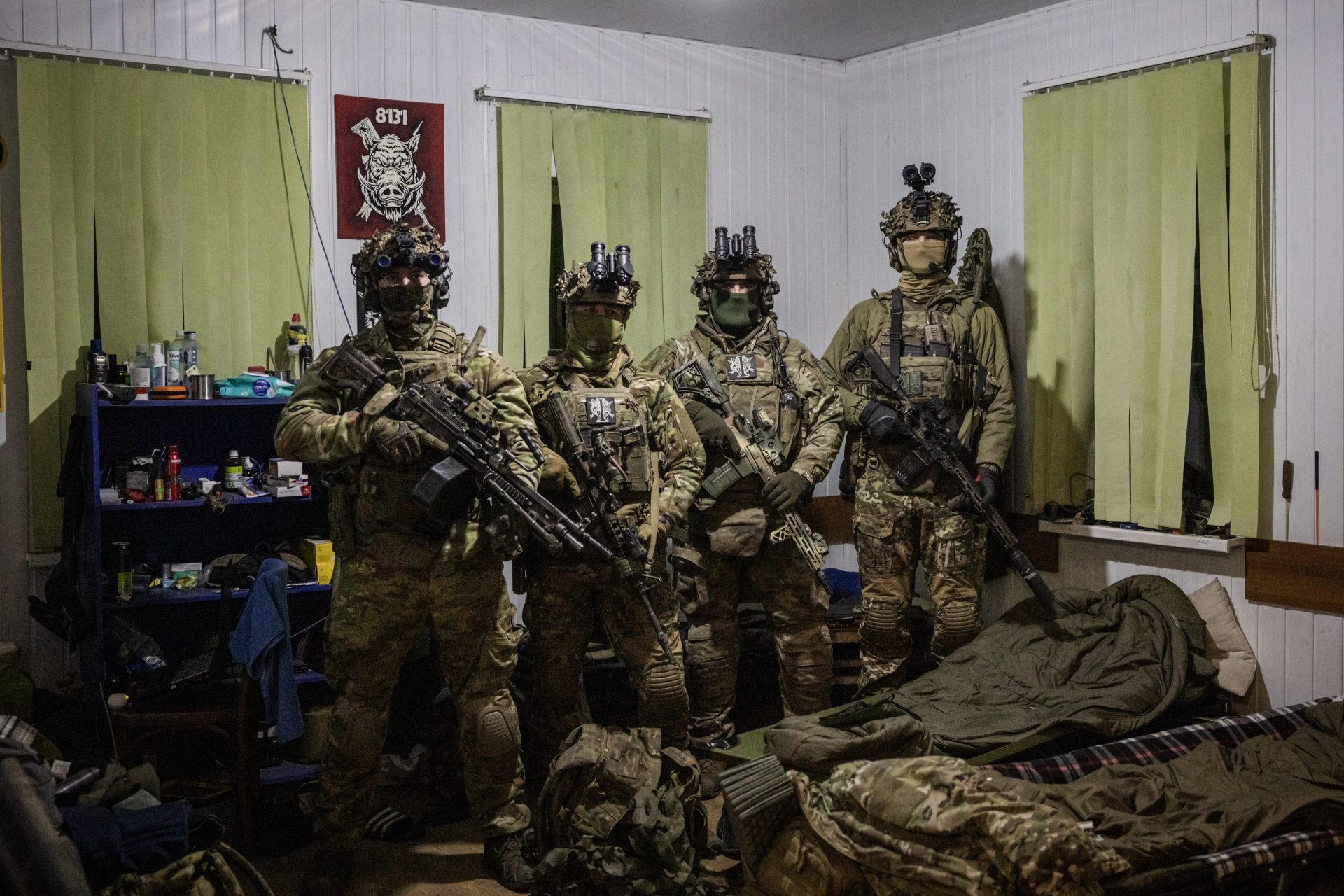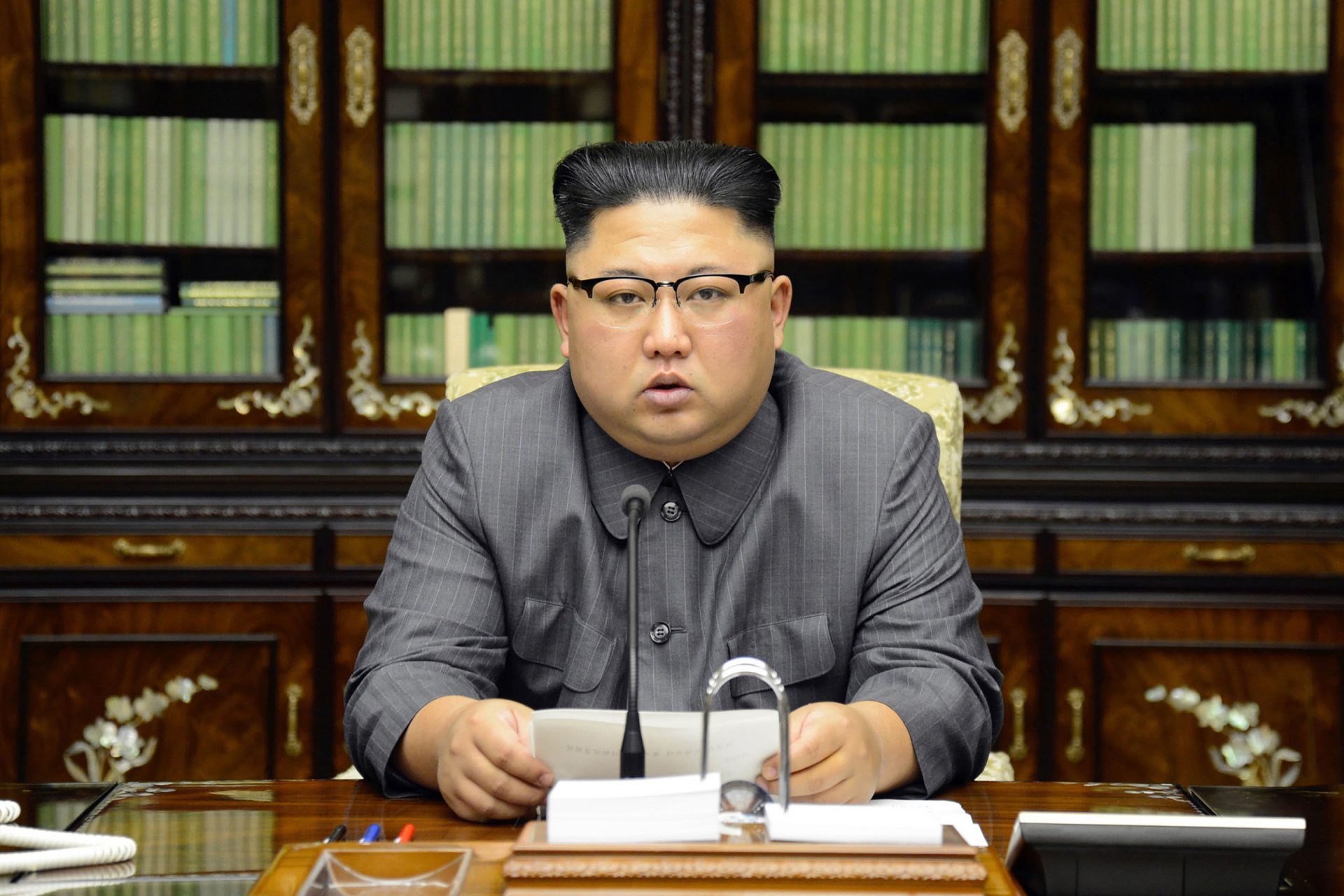What has been lost after nearly two years of war in Ukraine?
It’s been more than twenty months after Vladimir Putin ordered the full-scale invasion of Ukraine and both countries have suffered because of the decision. What was supposed to end in three days has wrought destruction for nearly two years.
How bad has the war been since it began? What has been lost and how will the last two years affect the future? These are important questions to answer as the conflict reaches the anniversary of its full second year. Let’s look at what was lost.
When reviewing the impact of the war the first place we should start is with the number of soldiers that have been killed or wounded in the conflict. While we don’t have figures from either side, declassified intelligence has provided a reference.
In mid-December, American officials released intelligence that revealed Russia’s losses stood at roughly 315,000 soldiers either killed or wounded since the invasion of Ukraine began in February 2022.
Russia’s estimated losses represent 87% of the pre-invasion force Moscow prepared for the fight against Ukraine and Reuters noted that the losses have set the Kremlin’s modernization plans for its armed forces back by a staggering eighteen years.
Ukrainian casualty figures are a lot more difficult to determine since Kyiv’s Western allies have been quite tight-lipped when it comes to the number of soldiers who have been lost since the conflict began, but we do have a few rough estimates.
In April 2023, leaked documents from the Pentagon reported by the New York Times revealed Russia lost between 189,500 to 233,000 casualties with 43,000 killed in action while Ukraine had 124,000 to 131,000 casualties with 17,500 killed in action.
If Ukraine’s casualty figures held consistent with the additional dead and wounded that Russia suffered over the preceding seven months, then Ukraine's casualties could have reached close to 200,000 by this point in the conflict.
We have a better idea about how many pieces of military equipment Ukraine has lost in the war thanks to the open-source Dutch intelligence firm Oryx, which has been tracking losses for both sides in the conflict since the invasion began.
Ukraine has lost 4845 pieces of equipment including 702 tanks, 343 armored vehicles, and 798 infantry fighting vehicles as of December 23rd. However, it's important to note that these numbers are only what has been verified by photo or video evidence.
True equipment losses are likely higher, which doesn’t bode well for Russia, which has had 13,530 documented pieces of military equipment lost. 2,571 tanks have been lost as well as 3,166 infantry fighting vehicles and more important weapons and vehicles.
More concerning than each country’s military losses has been the number of civilians killed. As of November 23rd, the United Nations reported the number of civilians killed in Ukraine topped 10,000, which it noted was a grave number.
In August 2023, The Moscow Times reported Russia had lost 79 civilians as a direct cost of the war, 48 of which died as a result of drone attacks and shelling in the Belgorod region—the Kursk, Krasnador, and Bryansk regions also saw losses.
Beyond the military and civilian losses in the conflict, the economies of both Russia and Ukraine have taken significant hits because of the war, and it's likely that the issues created will affect each country for decades after the fighting ends.
Ukraine's economic output is a fraction of what it was prior to the war. The first year of fighting saw a 30-35% loss of GDP and the country’s growth was only expected to hit plus 0.5% in 2023 according to the Economic Observatory.
Poverty has also soared due to the war and the World Bank estimated that as many as 7.1 million people were pushed into poverty, a number it noted erased fifteen years of economic gains in the country.
Ukraine’s agricultural sector has been devastated, over six million people have fled the country as a result of the war, and Ukraine has become one of the most food-insecure countries in the world according to the Food Security Information Network.
Russia on the other hand has suffered mightily under Western imposed sanctions and its economy appears to be on the brink of collapse as a result of ever-increasing costs to fund its military invasion.
“Away from the frontlines, public services may suffer as the government redirects its spending towards military demands. In Russia’s 2022 budget, a third of funds were allocated to the military and ‘internal security’,” wrote Michelle Kilfoyle of the Economic Observatory.
“Analysis of Russia’s 2023 public budget suggests that relative to 2022, the government will spend 50% more on ‘security’... This comes with cuts of 9% in health spending, 2% in education spending, 24% in infrastructure spending and 19% in industrial spending,” Kilfolye added.
Russia’s immediate issues also don’t take into account the fact that the country faces a major brain drain problem bigger than the one created by the Ukrainian refugee exodus as well as the problems created by the country’s crumbling currency.
As of December 16th, Russia’s interest rates stood at 16.00% per annum according to the country’s central bank, and Reuters noted in November that the rouble was set for a big decline against the U.S. dollar in 2024.
Much has been lost to the war and Putin’s decision to invade Ukraine, and hopefully this review has put the true scale of the destruction into context as we move towards a third year of total war between the two countries.
More for you
Top Stories



